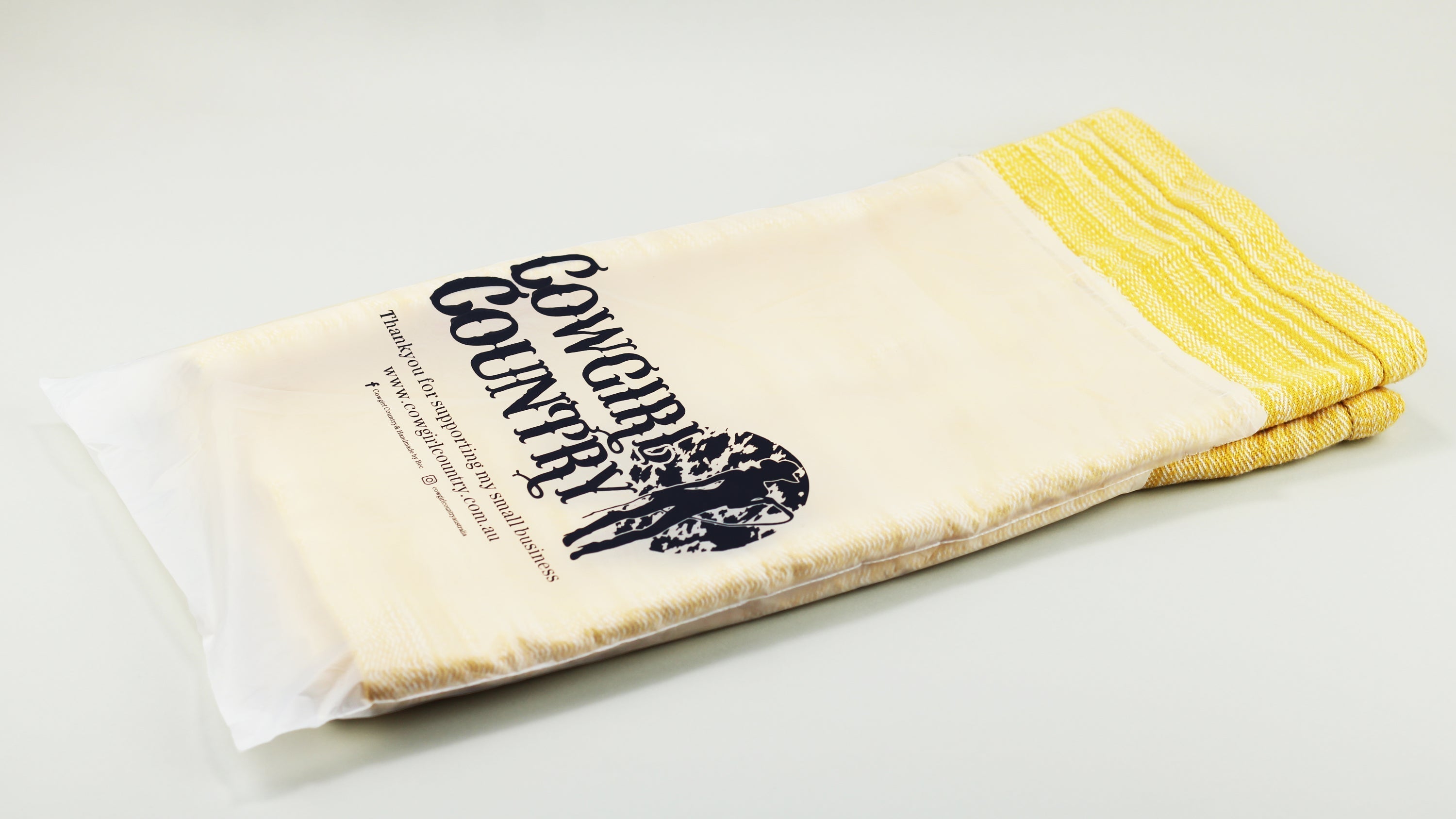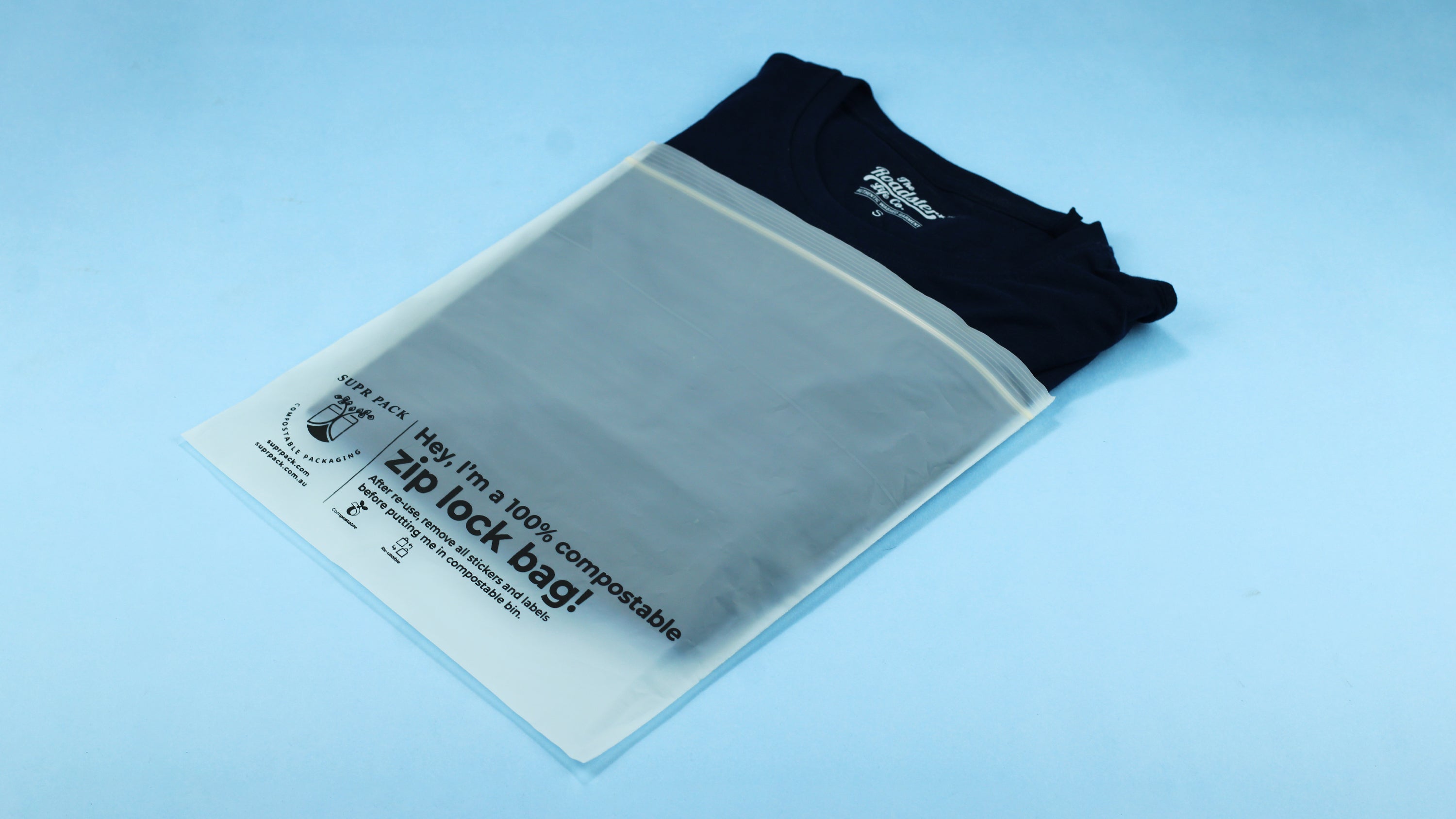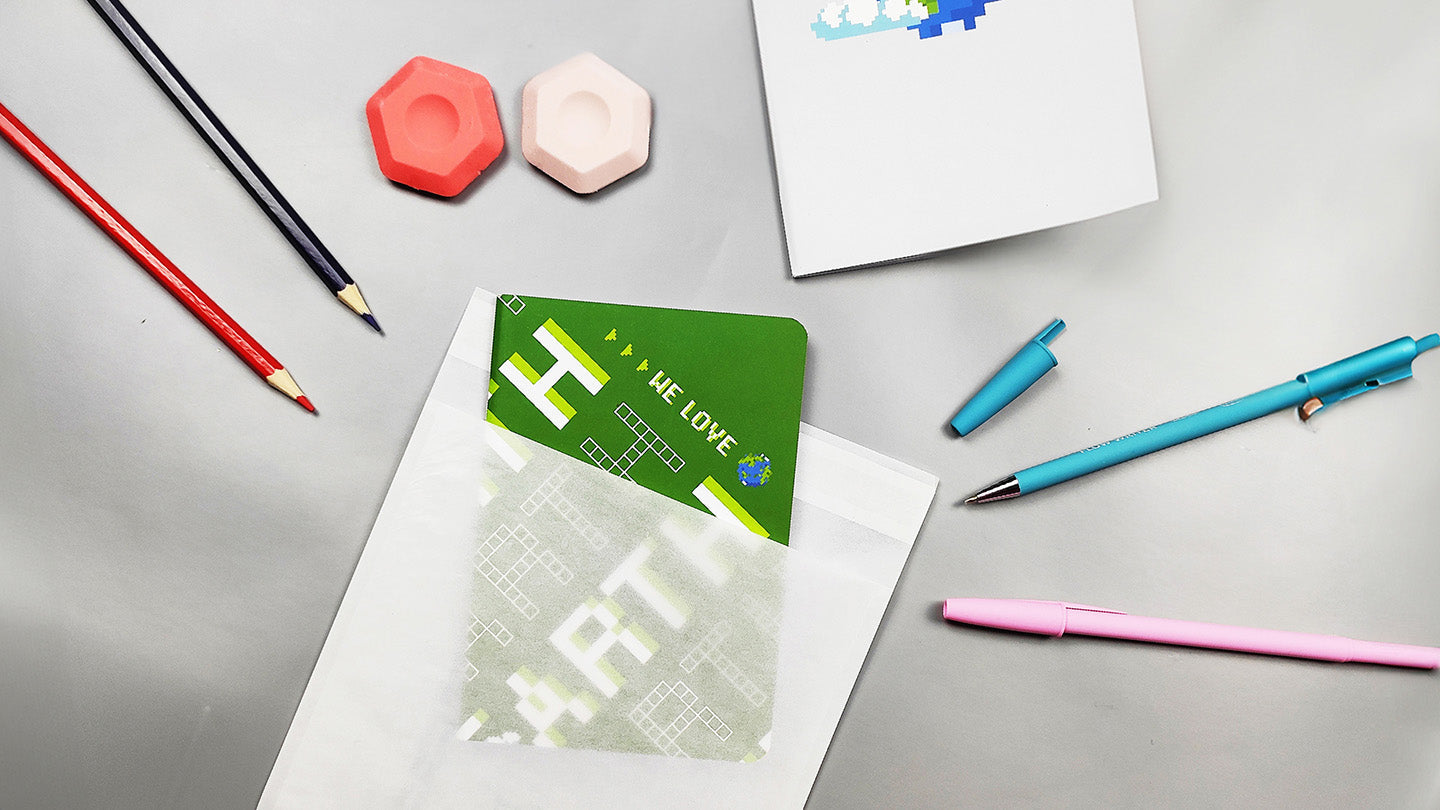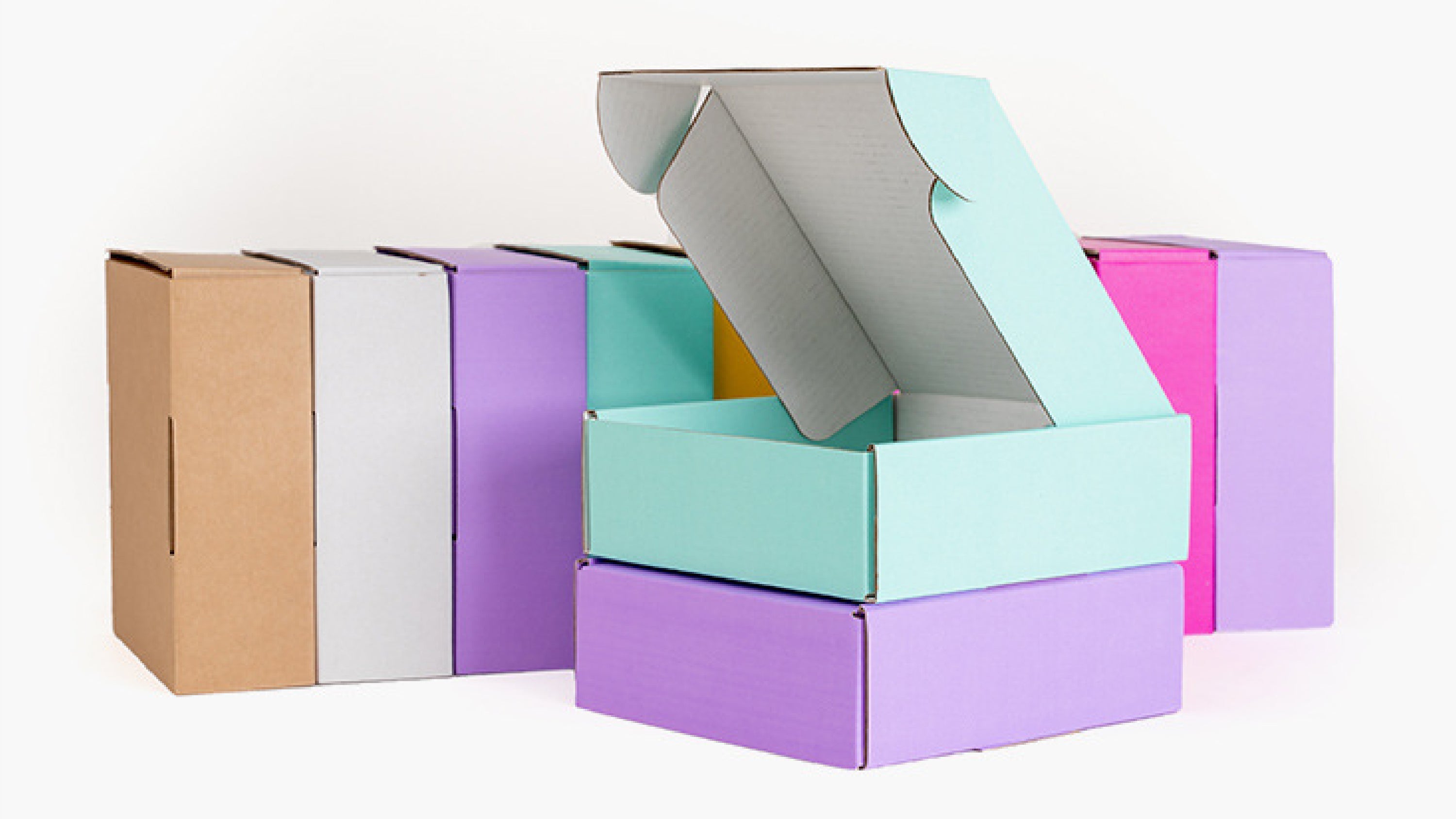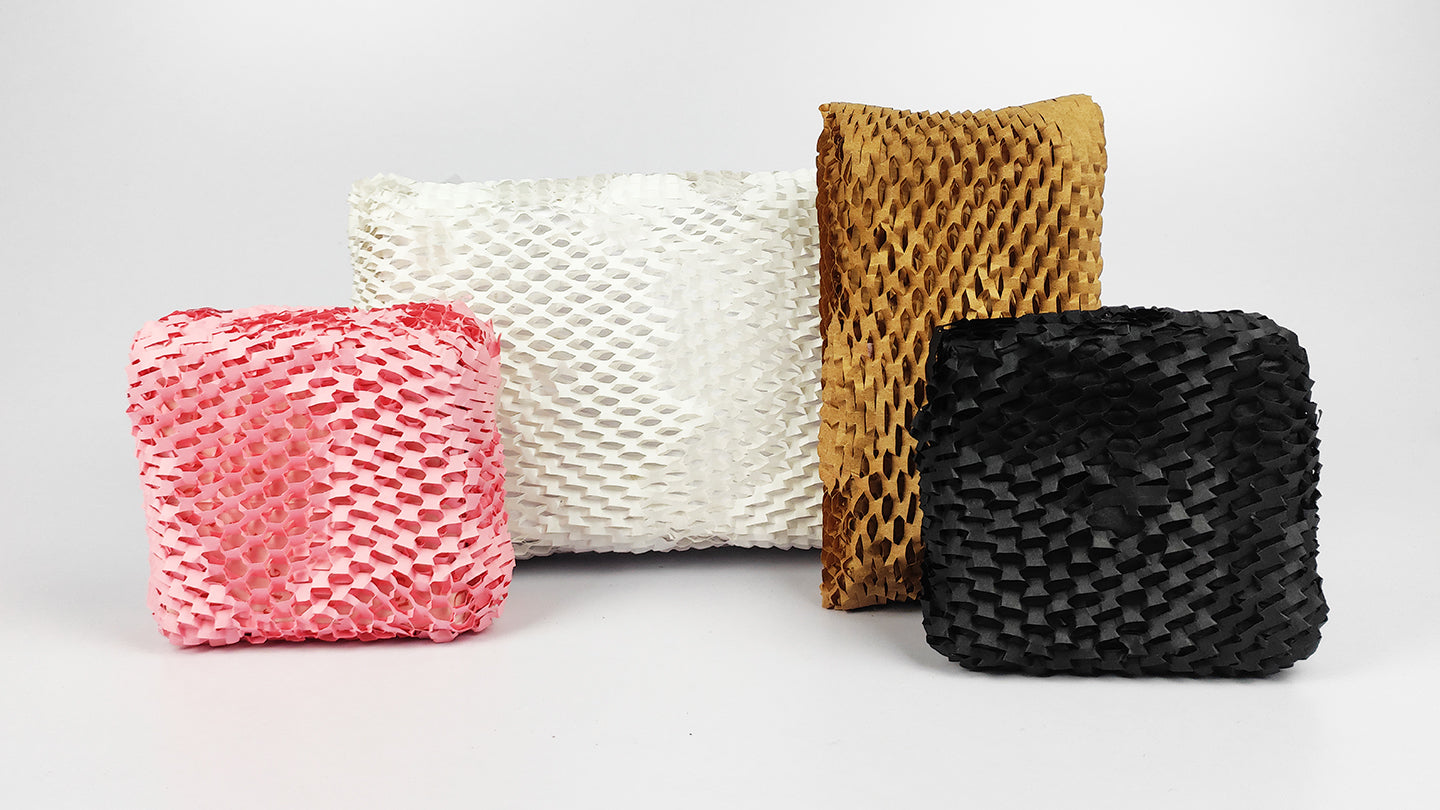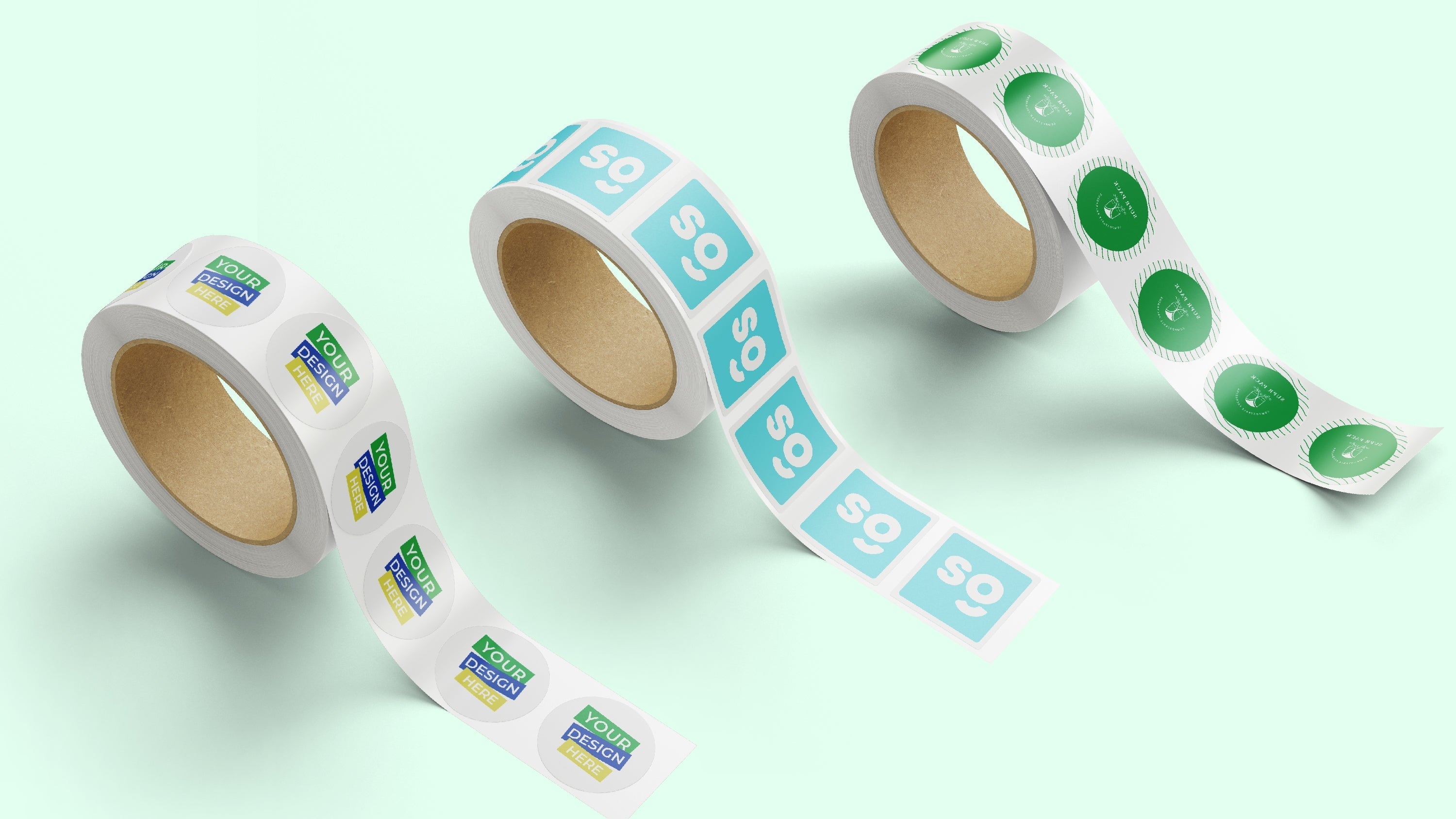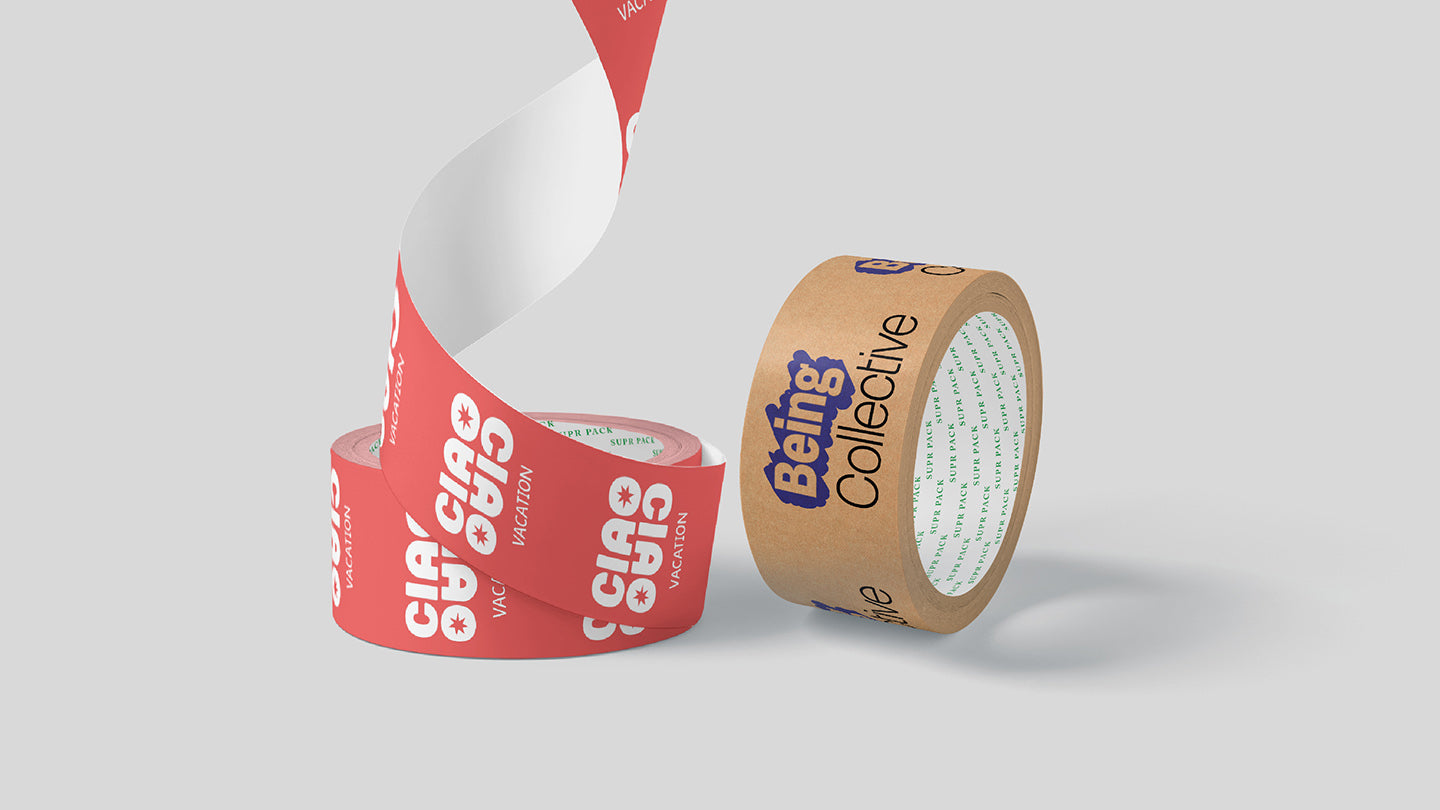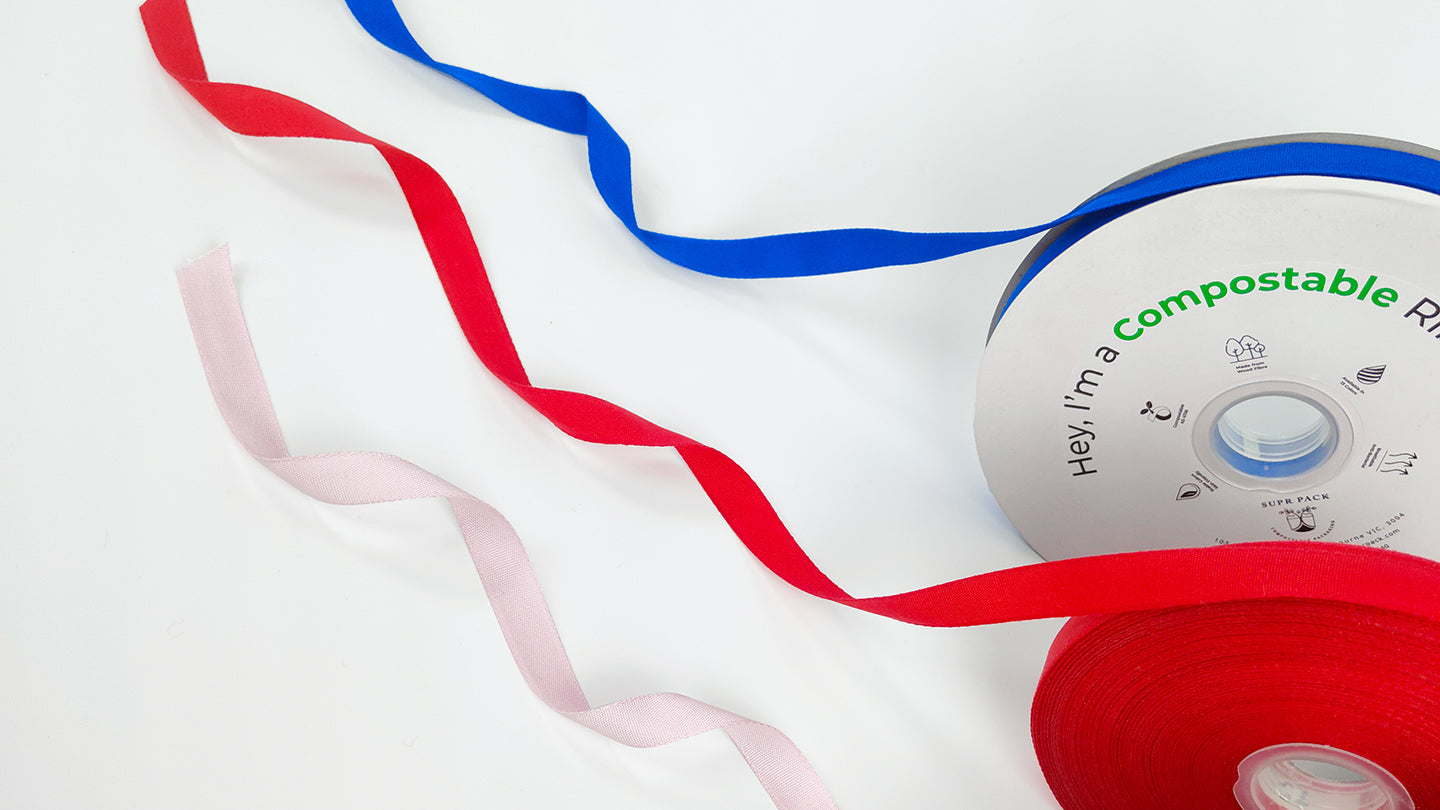A WIN FOR AUSTRALIA TO BANNING “BIODEGRADABLE” PLASTIC. A WIN FOR AUSTRALIA TO BANNING “BIODEGRADABLE” PLASTIC.
Australia has been one of such countries that have welcomed sustainability solutions with open arms. Adults and youngsters alike have understood the impact of plastics on the environment. The citizens and the government of Australia have been dealing with the plastic crisis. The country's federal government worked out in the launch of the National Plastics Plan.
The plan is about the upliftment of gaining biodegradable solutions. They are fighting on various options including a plastic ban on beaches, ending polystyrene packaging and phasing out microplastic filters in the washing machines. The best fact that we have come across is restricting the use of plastics and biodegradable plastic to omit off.
What is a biodegradable or compostable mailers bags?
Compostable mailers bags are a form of biodegradable bag that easily breaks down into natural components when there is no need for the original purpose. The bags get easily decomposed in the soil, land or ocean.
But why is the difference in using biodegradable plastic? As the name suggests, the biodegradable product could be the one that is curated from plant-based materials. But things cannot be the same all the time.
What is the major issue?
The setback is here that "biodegradable" plastic does lack regulations around the period should be used. There are many things involved. Many of the factors are sorely harmful to the environment.
Most plastics are often labelled biodegradable. They are mainly traditional fossil-fuel plastics that are degradable or "oxo-degradable". The chemical added to the fossil-fuel plastic fragment is broken down into microplastics. The fragments tend to be so small that they are almost invisible to the naked eye. But it is still existent to polluting the surroundings.
The phase of Australia's National Plastics Plan is all about working with businesses and industries to omit off the issue of "fragmentable" plastic by July 2022.
But on the other hand, some plastics are made of plant-based materials. There are even certifications for the same that will inform you about the use of such plastic for a long term between 6 to 8 months. Furthermore, they even state the period of decomposition which is a boon in itself.
The fact here is that every initiative that has been taken or adopted is important. People will have to understand and realise which is more important. As much as restricting plastic is important, it is equally important to find compostable bags everywhere. Whether it is shopping malls, packaging or shipping solutions.
The growth and development in technology and sheer upliftment in the best eco-friendly companies will share a high rise solution to finding compostable shipping bags. It is very much important for such plastics to be entitled as biodegradable. Though the ban will be omitting fragmentation, there is still no proof of the remaining types of biodegradable plastics that are a blessing for the environment.
Compostable plastics/bags: This is another label that you surely come across. It is meant to be the best for the environment. It has been specifically curated to break down into natural and non-toxic components under certain conditions.
Compostable bags have standards. Check out the labels. If a product does not have a certification label, there is no difference between mislabelled "biodegradable" plastic.
Most of the certified compostable plastics undergo the composting process in the industries itself. But there are companies like SuprPack that are giving in solutions for home compostable mailers Australia bags. One just needs to find the right way of using the same in different ways for all sizes and types of businesses.
If you are receiving certified compostable plastics and not bags,the former tend to reduce the economic value. It is thus very much important to find the best lot that can be used in packaging, shipping and even products. They will be more valuable when the nutrients are directly added to the soil.
Thus, the National Plastics Plan and National Packaging Targets aim to recover 70 percent of plastics by 2025.
Will recycling help?
On an estimation, 18% of plastics in Australia could be mainly recycled. The majority ends up in the landfill, oceans and natural environments.
Coming to the country, the system for recycling, the most common types of plastic packaging are well settled. But then there are still major issues.
See, there are two types of plastic - PET (used in soft drink bottles) and HDPE (used in detergent, condition, shampoo bottles). They could be transformed back to new plastic containers.
The rest are called "mixed plastic". The new plan could fix this.
How can we do that?
It is about omitting plastic overall. Use the best alternative and nothing could be better than the ones which are compostable anywhere especially at home.
Step by step actions will bring in ways to find sustainable solutions and changes to the environment. Businesses and the governments need to influence the people and bring in the shift too.



